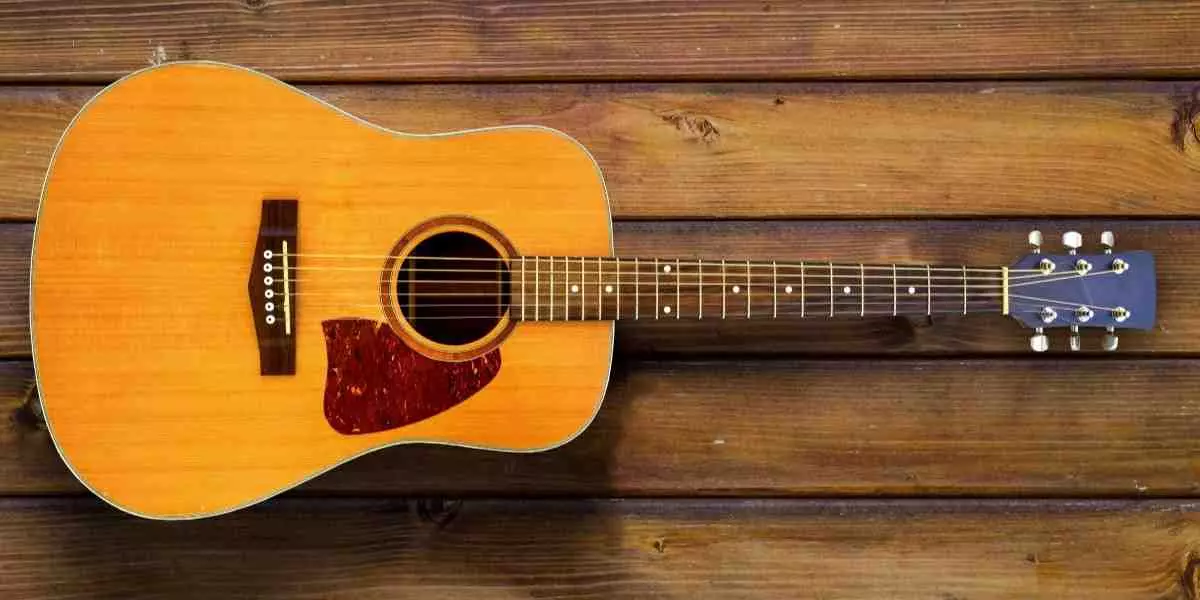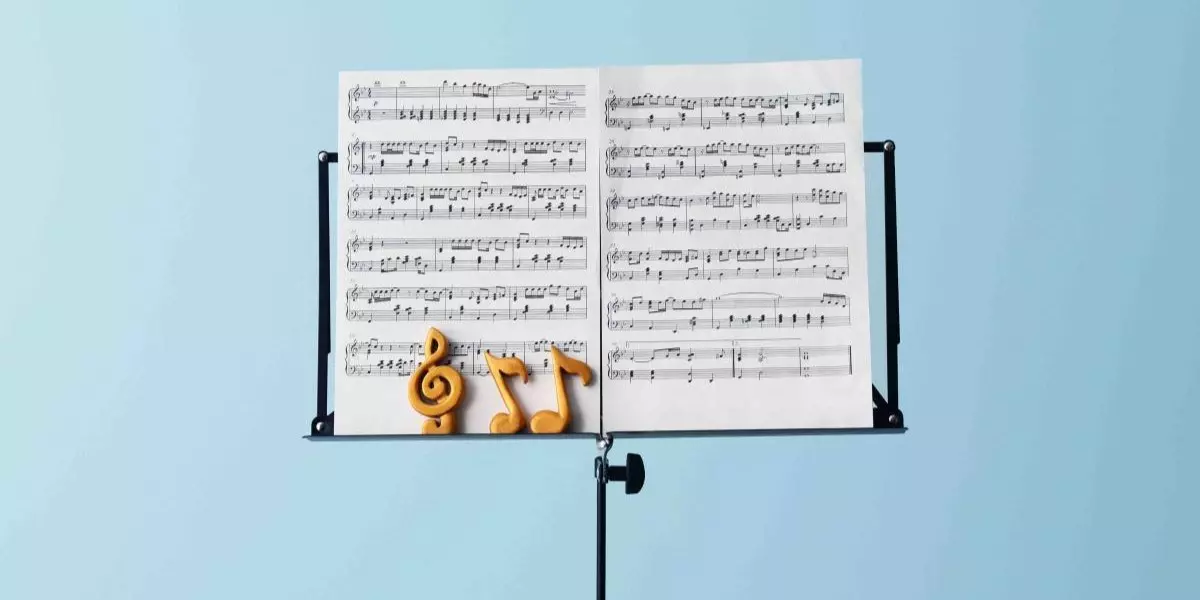What to do when your child doesn’t want to play in the recital

After shelling out big bucks and a significant amount of time, your child adamantly decides that they do not want to play in the recital. Sound like your house? Don’t worry; this happens to most children at some point. Here are some common causes and some help to get you through them.
Problem 1: Your child is very new to lessons.
If your child has just started music lessons, there is a good chance that they are just not ready to play in the recital yet. It takes a lot of work getting used to an instrument and in many cases the student is just now starting to make sounds that may resemble music. In any case, now is not the time to add another layer of difficulty. This is however the perfect time to attend the recital as an audience member with your child. Seeing other children having success at their instruments is an incredible motivator for new students.
Problem 2: Fear of the unknown.
As parents, we forget that sometimes children have no idea what to expect in a new situation. Everyone is talking about a “Recital” and your child may have no idea of what will be required of them. This is a scary thing for them. First, we need to explain what will happen in a language that they will understand. Depending on the age of your child, that may be role playing, a video or a discussion. In addition to this, it’s important to speak with the teacher to find out exactly what the child will be doing. Then, practice the whole experience; Hearing their name called, walking up on stage, playing the piece, acknowledging the applause and returning to their seat. This exercise helps children to become familiar with the process and it won’t feel so unknown. If possible, visit the space where your child will be performing in advance of the recital as well.
Problem 3: Your child is afraid to make a mistake.
Most children are afraid to make mistakes during a performance. In fact, I would argue that most adults are just as afraid! It seems cliché, but start by making sure your child understands that you will be proud of them if they do their best, and then stick to it. That means no last minute pressure from Mom and Dad in the eleventh hour. Then, acknowledge that mistakes do happen and help ensure they have the tools to get through that difficult moment if it happens. For some children that means taking a deep breath or closing your eyes for a moment. For others it may mean being able to signal to the teacher that they need some support on stage. With your child, speak with the teacher and make sure there is a plan in place if they run into some trouble. Should they start again? Keep going? Ask for help? Then finally, practice making mistakes and getting though them.
Problem 4: Your child isn’t prepared or “ready” to play their song yet.
If your child is feeling unprepared for the recital, there are a few things you can do to help set their mind at ease. First, help your child set realistic expectations for themselves by reminding them that the recital isn’t a place for perfection, but instead a chance to do your best and show off how hard you have been working. If the child is quite young, the teacher may be willing to sit on stage next to the student or “play along” with them for some extra support. Next, if you feel your child could benefit from some extra practice with the teacher, set up an extra lesson or 2 until they feel more secure. Then, follow up with some extra practice sessions at home. Finally, if your gut tells you they are still not ready, let them off the hook. You don’t want to make performing a negative experience or you may never get them on stage again. Instead, attend the recital as an audience member and be sure to speak with the teacher about your concerns so that your child will feel more prepared for the next recital.
Problem 5: Fear of looking silly in front of friends or peers.
This is a legitimate problem, especially with older children and teenagers. Music is a very personal thing and young people often feel uncomfortable about making themselves vulnerable on stage. In some cases, a practice session with a few other friends who are also taking music lessons may help them to see that others feel the same way they do. A wonderful solution to this problem, if your music teacher is willing, is to get a group of students to play together at the recital. Rock Band, ensemble, duet, trio, whatever you call it, this is a brilliant way to help kids feel more comfortable on stage and get them sharing music. After all, isn’t that really what this is all about?
Problem 6: Your child just really really really doesn’t want to perform.
If you’ve addressed all the other problems and your child still doesn’t want to perform, then it might be best to listen to their wishes. For some people it’s the act of sharing music that makes it so exciting, but for others, even some young people, music is means of personal expression and it’s meant to be kept personal. If this is your child, that’s okay. If they enjoy playing for themselves then your efforts are worth it. Music has a healing power beyond the joy that any performance can provide. It’s important though to keep offering the opportunity in the future and insist that the child attend the recitals as an audience member in the meantime.






